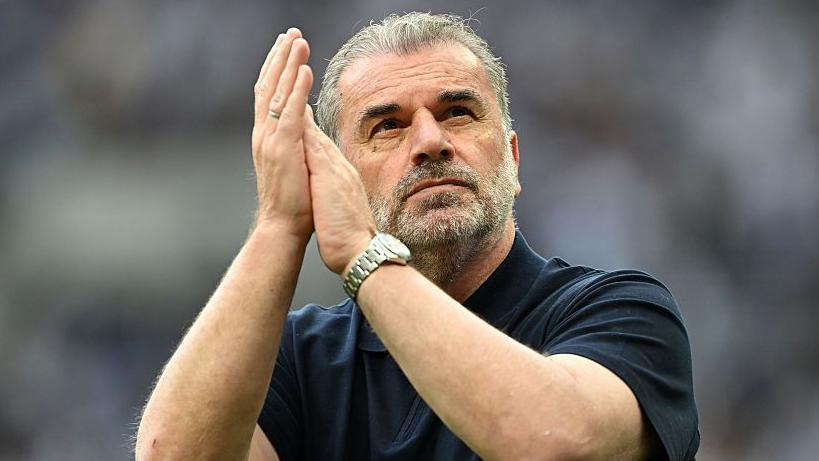Ange Postecoglou’s dismissal from Tottenham, announced this Friday (June 6), came just two weeks after the club won its first continental title in its history: the Europa League. Despite the unprecedented feat, the Greek coach was unable to withstand the pressure generated by negative results in domestic competitions throughout the 2024/25 season. The decision was made official by the club on social media early in the afternoon, surprising some fans.
Postecoglou took over the London club in 2023, after a successful spell at Celtic in Scotland. However, his time at Tottenham was not without its ups and downs. Although he led the team to a successful Europa League campaign, beating Manchester United in the final on May 21st, his performance in the Premier League was disappointing. The team finished 17th, just one place above the relegation zone.
In addition to their poor performance in the domestic league, Tottenham also failed to achieve success in domestic cup competitions. The team was eliminated in the fourth round of the FA Cup and fell in the semifinals of the League Cup, exacerbating internal and external dissatisfaction. Reports have indicated that protests reached the club’s owner, Daniel Levy, increasing pressure for a change in management.
Even with the recent title win, the club emphasized that the decision was made “after an analysis of performances and significant reflection.” The statement was interpreted as an attempt to justify the coach’s departure so soon after a historic milestone. The decision sparked debate among fans, who were divided on the fairness of the dismissal.
Postecoglou ends his time at Tottenham with 101 games played, totaling 47 wins, 14 draws, and 40 losses. This number of setbacks, combined with an inconsistent Premier League campaign, was decisive. Winning the Europa League, while historic, was not enough to compensate for the remainder of the season’s underwhelming results.
The change in coaching leaves Tottenham with the challenge of reorganizing its planning for next season. After all, despite the international success, the domestic performance revealed weaknesses that need to be addressed in a structured and effective manner.




